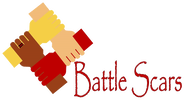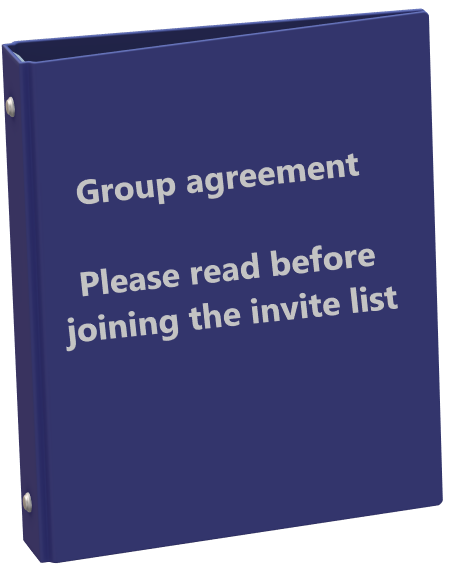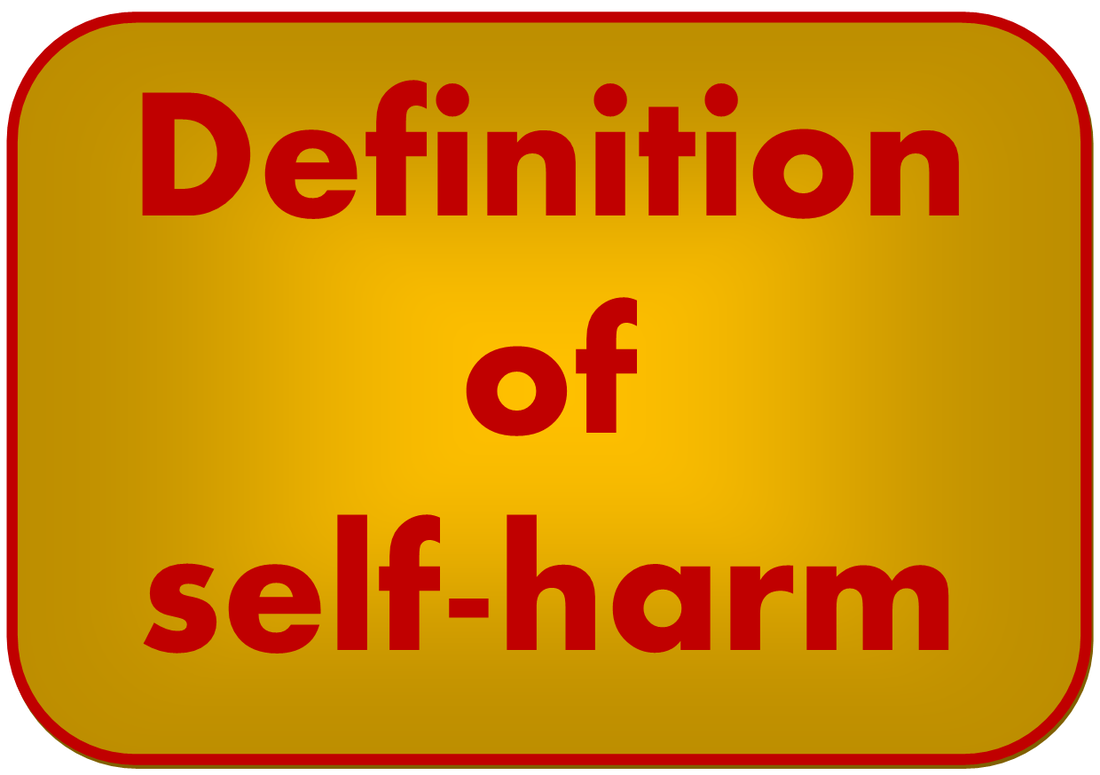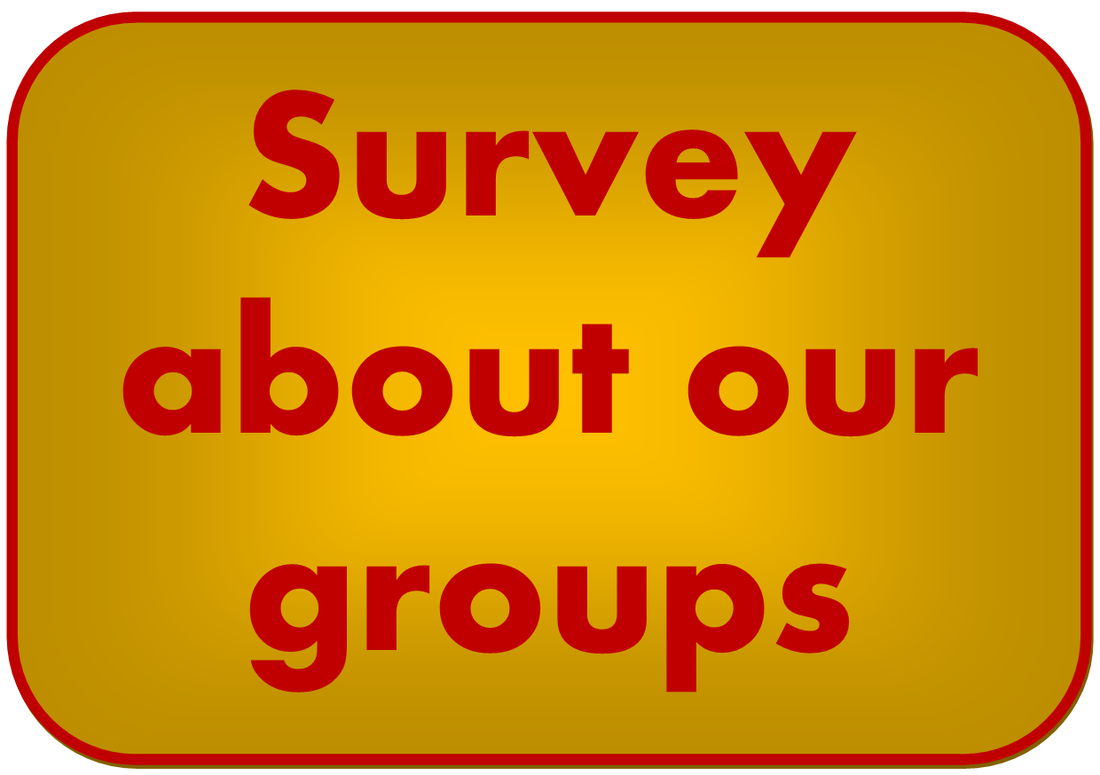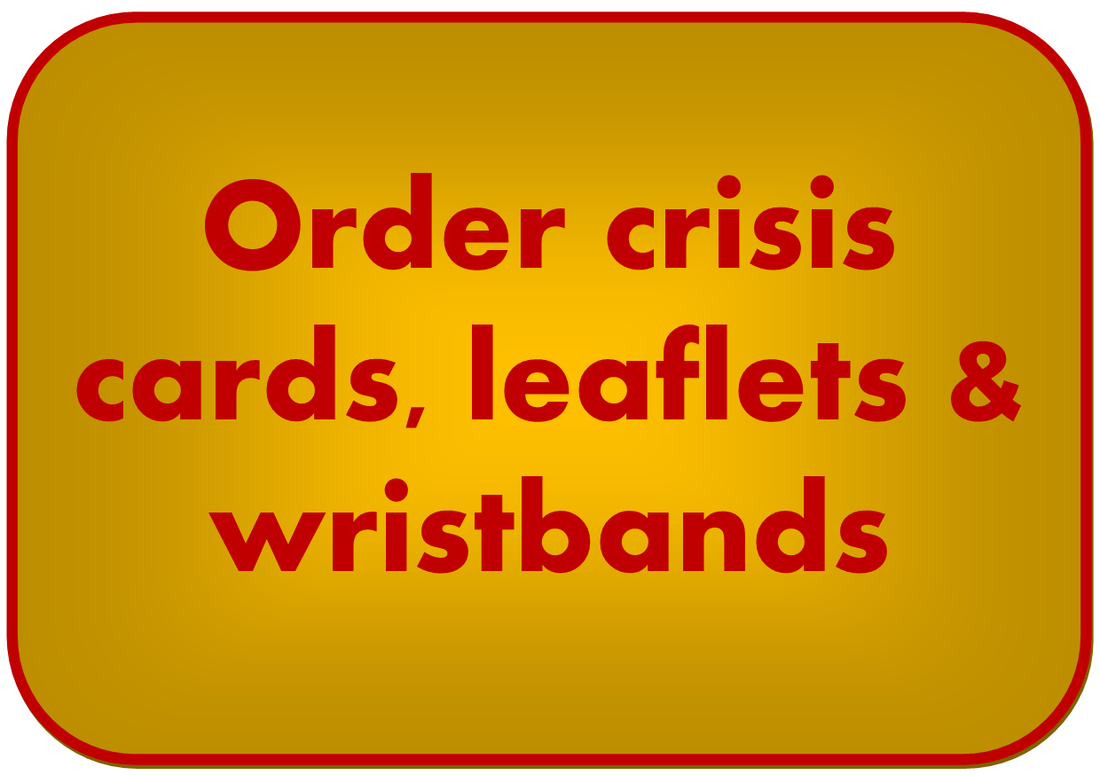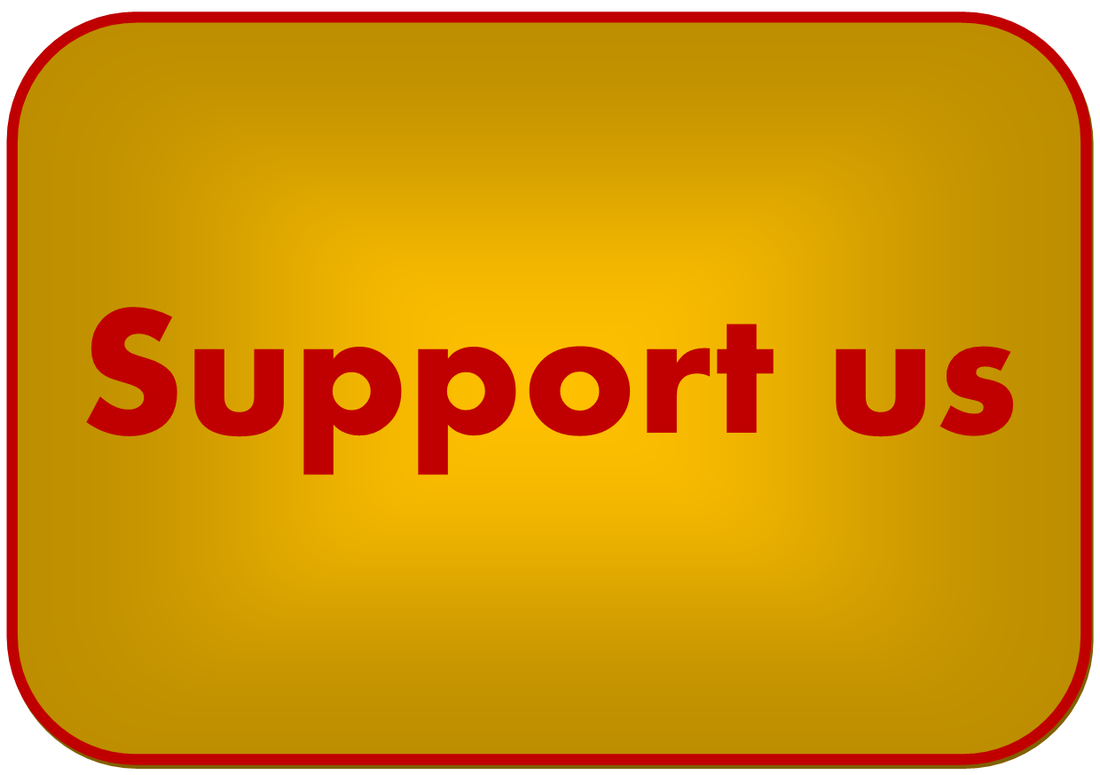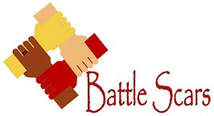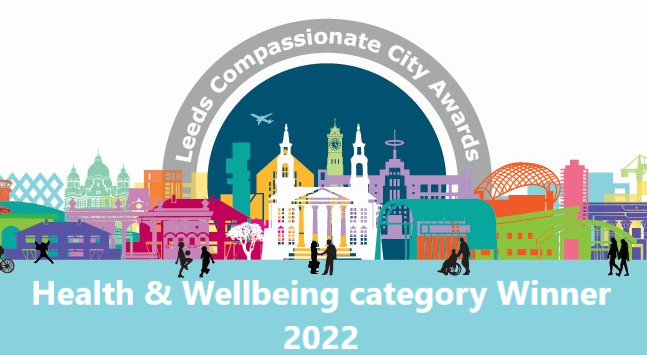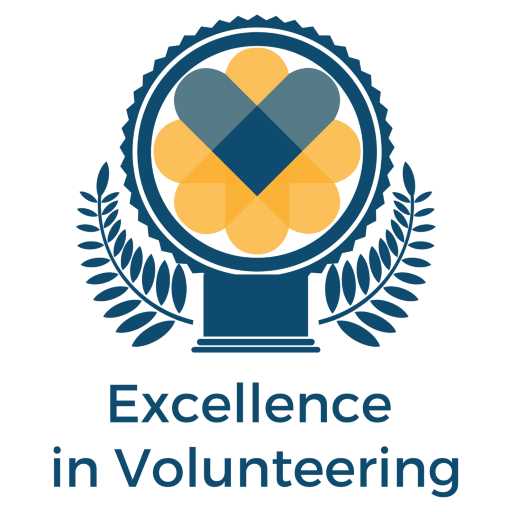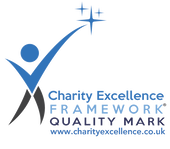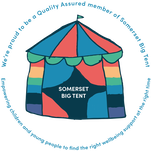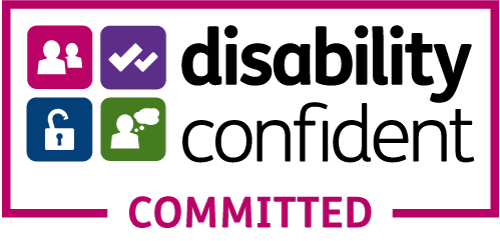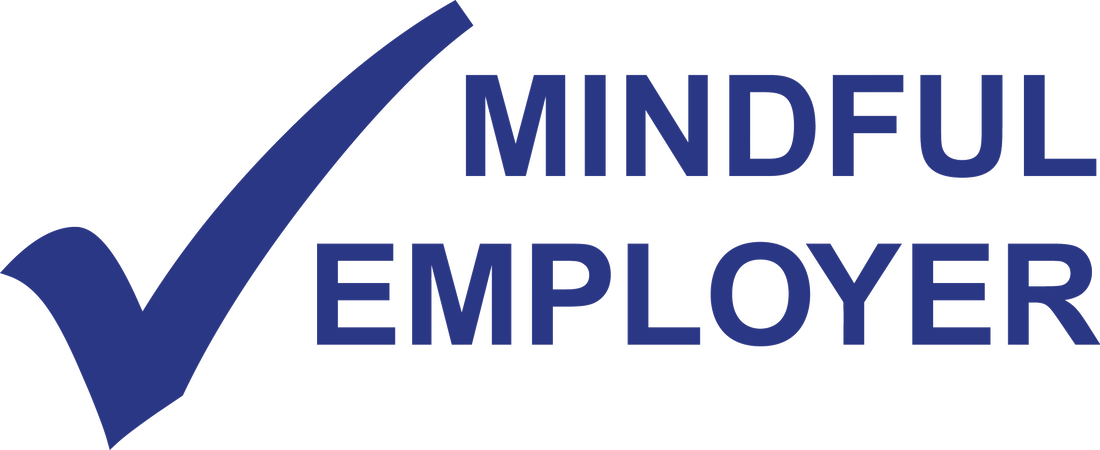|
|
Virtual adult peer support groups (using Zoom)
Our virtual groups run all year round including holidays (except Christmas Day).
Please see calendar below for dates & times
|
Standard self-harm peer support groups (1 hour long) - UK-wide:
We are running fortnightly groups on different days and at different times and may be more suitable for people who frequently struggle with self-harm (incl. eating disorders). Inbetweeners self-harm peer support group (1 hour long) - UK-wide: If you struggle with urges but either do not act on them or only rarely self-harm, need a "lighter touch" sort of support, or wish to avoid the possibility of being triggered by holding discussions with people who use self-harm more, the "Inbetweeners" peer support group is also an option. Social/activities group (1-1.5 hours long) - UK wide: Everybody on the standard and Inbetweeners groups invite list are invited. Socials take place once a month There are no restrictions for people who wish to use a variety of groups. We understand that support needs vary and change. You can switch between them or access multiple ones as and when you need them/want to. We're using Zoom which is free to use. Using video is optional. People who attend our virtual groups will also be invited to book on the peer support DBT workshops we also run (see below for more information on the workshops). |
"It's good that we can laugh together and have some fun, but also learn and support each other when needed" Standard or Inbetweeners?
We only ask that you gauge which group is more suitable for you but you can attend both or switch between them depending on what you need and where you feel you fit best at the time. |
|
"Groups are well run but relaxed. I’ve felt able to talk not only about my SH but also about other aspects of my mental health without judgement. To join the invite list, please fill in the short form below. Please select which group(s) you are interested in. Please note you have to join the standard or Inbetweeners groups in order to get invites to the social group.
|
No referral needed
No booking No waiting No postcode restrictions No time limit - attend groups for as long as you want No obligation - attend when you can or need to Instant access- just turn up Ongoing support You can attend whichever group you want or all of them! Multiple Battle Scars services can be accessed at the same time, like f2f, virtual and online support. Must be over 18 to attend. |
Groups are capped to 10 (plus 3 facilitators) with the exception of the social group which is capped to 15. Booking is on a first-come, first-served basis.
If you need more information, are anxious about attending or are unsure about accessing these groups please read the blogs and group agreement, ask for a phone call through the FRESH service or contact us. If you'd like to attend any of our groups as a professional, please contact us.
If you need more information, are anxious about attending or are unsure about accessing these groups please read the blogs and group agreement, ask for a phone call through the FRESH service or contact us. If you'd like to attend any of our groups as a professional, please contact us.
Our groups are ongoing but here is a calendar of the next few months:
|
"The suggestions I was given has all been so amazing and has helped me to come out of my shell and speak at groups and even say out loud about my eating disorder" |
Must have ordered the addiction workbook to be invited to the addiction group
|
Group activities
|
|
"Just wanted to share that this was such an amazing group. No more words. Just AMAZING. And so helpful" "It was really moving today, for the first time to be able to be with people who suffer the same problems as me. I didn't know there were other people who felt like that too. I suddenly felt less like a freak. I was sobbing so much. I anticipated that the group might trigger me to self-harm, but actually, I felt quite euphoric afterwards - liberated" |
Here at Battle Scars we take your privacy seriously. Your personal information will be kept safe. We will never pass it on.
For more information please read our Privacy Notice and/or Privacy Policy (link to policies below)
For more information please read our Privacy Notice and/or Privacy Policy (link to policies below)
|
Interview with Lisa – DBT Workshops
Volunteer Passport Name: Lisa Volunteer Role: Virtual Group Facilitator/DBT Workshops Creator & Facilitator Length of Time Volunteering: 3 years Interesting fact: My uncle has a pilot’s license and when I was younger, I went on a flight with just my uncle piloting the plane with me as a co-pilot. We flew to have a cup of tea, then flew back to his home, where he had his own runway! I love nothing more than snuggling with my dog, Winnie. |
|
Hi Lisa. You’ve been volunteering with Battle Scars for three years now, and last year you came up with the idea of developing Dialectical Behavioural Therapy (DBT) workshops for Battle Scars to be able to offer to the people who use our services. How did it feel to pitch the idea to myself (Em, Volunteer Manager) and Jenny, our CEO?
I feel so comfortable now around both your and Jenny, that pitching this felt like a conversation with my friends. It just started with an idea; when I shared that idea with both of you, it was more to gauge if there was any way this could be possible. I was met with excitement and approval, which got me thinking this could happen. Can you tell me a little about where that idea came from? I was in a Battle Scars’ focus group, where we were developing some training around personality disorders, when someone commented about the difficulties many face in being able to access DBT. I remembered feeling that way myself: you get given the Borderline Personality Disorder label and you are told that the only thing that might help would be DBT. However, there’s a good chance you would face a lengthy wait or learn that DBT isn’t even available in your area. I was one of the lucky ones who was eventually able to access DBT in my area and because of that my perception of DBT changed. I believed that the skills element could easily be delivered in a peer support model. The thought of being able to blend two things that had worked for me – DBT and peer support – excited me. I know you’ve put an awful lot of time and energy into developing these workshops – where did you start? When you do DBT, you are given a workbook which you slowly go through over a 6-month period. This fills a lever arch file; it’s huge! I knew I wanted to share this with people in an accessible way, a way that would seem less daunting. I decided to deliver it similarly to topic groups by using slides, so I started creating a PowerPoint presentation. I knew I wasn’t a therapist or an expert by any means, so I wanted to incorporate videos from YouTube, delivered by actual therapists. I wanted it to feel like we were learning together, in a true peer support way. DBT is made up of 4 modules and I felt that this was important and followed this structure. I knew we would also need a workbook to go along side these presentations, but I didn’t want to overwhelm people with pages and pages of writing, so I used the slides I created to make the workbook, meaning it was seamless to move from the workshop to the workbook. I made workbooks for each module, plus the beginning mindfulness skill, making it feel less overwhelming. This also meant that I could be up and running, delivering these workshops while still working on the next one! Why did you think it was important that Battle Scars was able to offer DBT workshops to people who use our services? As I said before, I have seen how many people are desperate to access DBT and how many people simply don’t have that option. I found out during my DBT that I had been given the wrong diagnosis – but DBT still worked for me. I’m not under the illusion that DBT will work for everyone, but this showed me that you don’t need to have a BPD diagnosis for it to be helpful. By the time I started accessing DBT I had already been volunteering with Battle Scars for around a year and I believe that Battle Scars was the only reason I made it through long enough to be able to access it. Battle Scars offers self-referral, no waiting support; this makes Battle Scars a perfect place to offer DBT skills to anyone using their services. So often – and I have experienced this myself – people who self-harm fall through the cracks when it comes to accessing support. We are told that our mental health is “too bad” or we’re “too complex” to work with some of the other charities or statutory services that are available. For me, Battle Scars filled that gap. As one of the lucky ones who was offered and completed DBT I just really wanted to share my learning with the whole Battle Scars’ community. |
Who are the DBT workshops aimed at/who could they benefit?
The DBT Skills Workshops are aimed at anyone who would like to learn DBT skills. They will benefit those most who put the work in (yes there is homework!) DBT is by no means a quick fix; I’d liken it more to a toolbox. You learn many skills, some you may not use or won't need, but you can keep them in your toolbox in case. Others are skills you incorporate into daily life; different skills work for different people. Our workshops will benefit anyone willing to put the time into learning and practicing the skills. For someone who has never attended one of the workshops, can you give us a taster of what they might expect if they were to come along? To attend our DBT workshops, you must be on the mailing list for attending our virtual groups. When a workshop is coming up, everyone on that list will receive an email about the workshop, which will include details of what skills we’ll be learning in the workshop. The workshops run in pairs; a learning session and a linked session to go over the homework a week later. People are asked to commit to attending both workshops. When an individual books onto a pair of workshops, they will receive an email with the links for both sessions and the relevant workbook attached. This workbook contains the slides that will be looked at during the first learning session, along with the relevant homework sheets we will be discussing during the second session. Every session starts with a mindfulness practice; this could be meditation, learning a new breathing exercise or something more fun like a scavenger hunt. The purpose of this is to enable the group to centre themselves in the moment and to get into a learning mindset. For those attending the workshops we aim to learn 2 skills in the first of the paired session (although this is not always possible, so may only be 1 skill) – that way if one doesn't work for you, hopefully the second will. During that first session, I take the time to make sure everyone understands the skills before we then look at the homework, which is about practicing these skills. We do expect people to try the homework; however, if they don’t understand it, or can’t complete it, they are still encouraged to attend the second session. Learning can still take place. During the second session, we take turns to go around and discuss the homework. Individuals are invited to share their feedback on the homework and, as a group, we discuss what worked and talk about any issues. We discuss ways that we might be able to overcome these issues, take suggestions from what others have done, or consider if this is just a tool that's not right for you. So that’s what the DBT workshops look like! They are very different from the Battle Scars’ support groups. Participation is expected, but those attending have the option to do so verbally or through the chat function on Zoom. The reason we ask for this participation is because this is a learning environment and engagement is a key part of the learning. We also require attendees to be present at both sessions – this is so that people can get the most out of the sessions and reflect on the skills and whether they will be useful going forward. Is there anything else you think it is important for people to know about the DBT workshops? Just really to clarify that this is not therapy, rather an opportunity to learn the skills you would acquire if you were to attend DBT. We can’t offer 1:1 support or help between the sessions, however, we do encourage people to reach out on the Facebook group or to their own support network between sessions if they are struggling. I’d also like to emphasise my belief that the workshops can be helpful for anyone willing to put in the time and effort to learn. |
